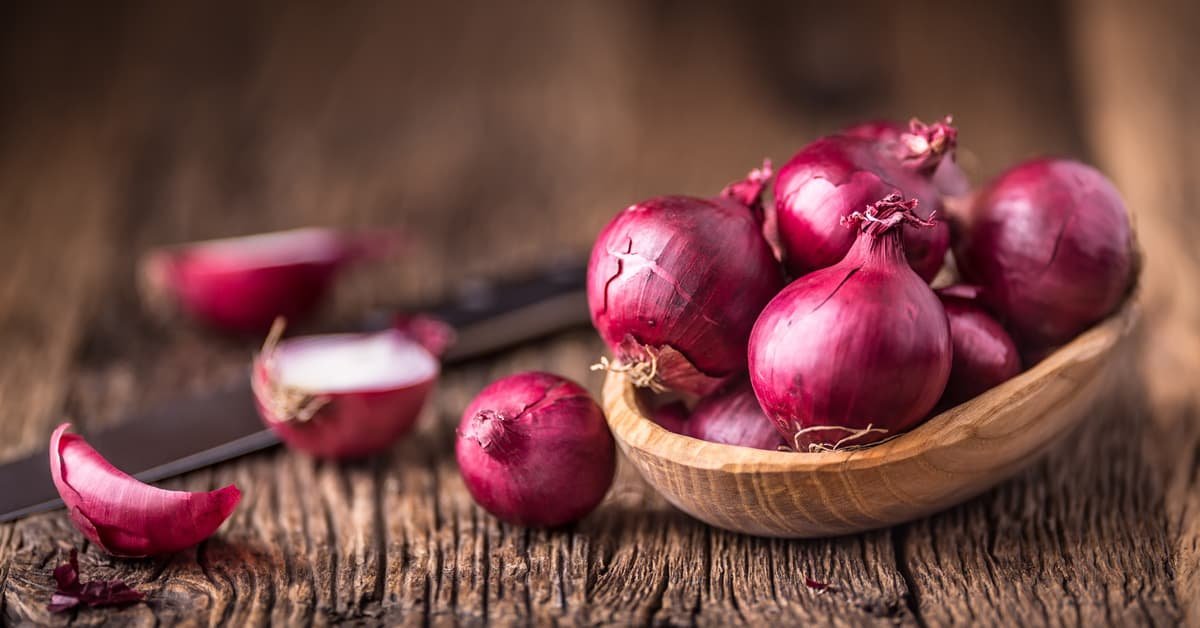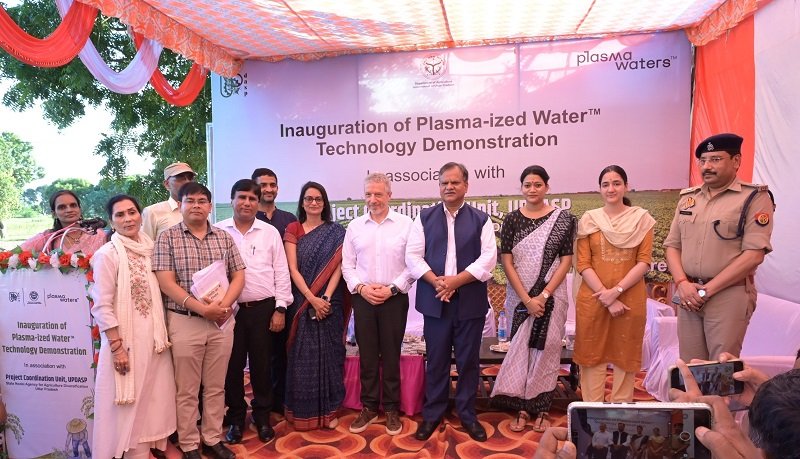Govt upscales onion disposal in Delhi / NCR, Punjab and other states
The government had procured 4.7 lakh tons of rabi onion for the price stabilization buffer this year, and started the release from 5th September, 2024 through retail sale at Rs.35 per kg and also through bulk sales in major mandis across the country
The government has decided to upscale the onion disposal in order to address temporary constraint in onion supply observed in certain markets in the past 2/3 days owing to festival season and closure mandis. NAFED has indented two more rakes for Delhi-NCR and one for Guwahati this week. Similarly, dispatch through road transport would also be upscaled to ensure availability of onions in the market. The availability of onions would be further accentuated by more supplies from NCCF, both through rail and road transport. Additionally, the government has also decided to offload onions kept in cold storage at Sonipat to meet the requirements of Punjab, Haryana, Chandigarh, Himachal, J&K, Delhi etc. The government is alive to the market developments and keeping close watch to take ameliorative action to stabilise the onion prices.
As per the assessment of Department of Agriculture and Farmers’ Welfare, actual kharif sown area this year was 3.82 lakh hectare which is 34% higher than 2.85 lakh hectare sown last year. Sowing progress of late kharif onion is also reported to be normal with coverage of 1.28 lakh hectare till first week of November.
Earlier, 1,600 MT of onion transported by Kanda Express and arrived at Kishanganj Station in Delhi on 20th October, 2024, and another shipment of 840 MT of onion by rail rake to Delhi arrived on 30th October, 2024. Bulk shipment of onions has also been sent to Chennai and Guwahati in recent past. On 23rd October, 2024, 840 MT of onion had been dispatched from Nashik by rail rake which arrived at Chennai on 26th October 2024. A shipment of 840 MT onion by rail rake arrived at Changsari Station in Guwahati on 5th November, 2024 which was distributed in various district of Assam, Meghalaya, Tripura and other NE States.
Retail prices of tomato are on the decline with the fall in mandis prices. At Azadpur mandi, the weekly average price is down by 27% to Rs.4,000 per quintal and at Pimpalgaon the weekly average price is down by 35% to Rs.2,250 per quintal. In Madanapalle the weekly average price is down by 26% to Rs.2,860 per quintal amidst a 20% increase in total weekly arrivals. In Kolar the weekly average price is down by 27% to Rs.2,250 per quintal.
The all-India average retail prices of potato are stable during last three months at about Rs.37 per kg. The weekly average mandi prices of Rs.1,860 per quintal at Agra has been down by 15% during last week. As per the market intelligence inputs, overall Potato acreage is expected to increase by 16% this year with expected 10% increase in Punjab and Farrukhabad region in UP. In Madhya Pradesh, 80% sowing is completed and sowing area in Indore and Shajapur are reported to be up by 8% other areas like Ujjain region is at par with last year. In West Bengal, the sowing is yet to begin, but the sowing intentions according to the seed sales is reported to be higher than last year.
The government had procured 4.7 lakh tons



